American Civil Rights Movement
Origins of the Movement
The Civil Rights Movement in the United States was a decades-long struggle by African Americans and their like-minded allies to end institutionalized racial discrimination, disenfranchisement, and racial segregation in the United States. The movement has its origins in the Reconstruction era during the late 19th century, although the movement achieved its largest legislative gains in the mid-1960s after years of direct actions and grassroots protests.
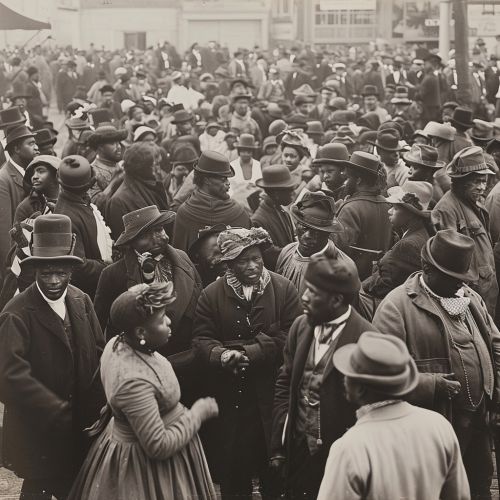
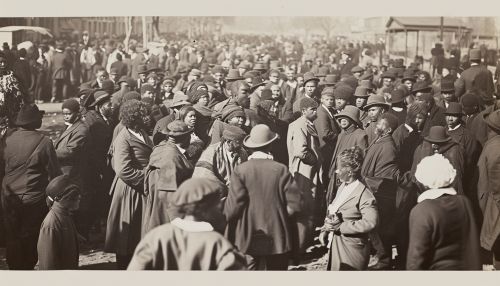
Early Struggles and the Great Migration
The early struggles for civil rights were characterized by the fight against lynching, segregation, and the disenfranchisement of black voters, particularly in the South. The Great Migration, which was the relocation of more than 6 million African Americans from the rural South to the cities of the North, Midwest, and West from 1916 to 1970, had a profound impact on the movement. This mass movement resulted in increased activism and the emergence of new civil rights organizations.
Brown v. Board of Education and School Desegregation
One of the pivotal moments in the Civil Rights Movement was the Brown v. Board of Education of Topeka case in 1954. The U.S. Supreme Court's unanimous (9–0) decision stated that "separate educational facilities are inherently unequal", effectively overturning the Plessy v. Ferguson decision of 1896, which allowed state-sponsored segregation.
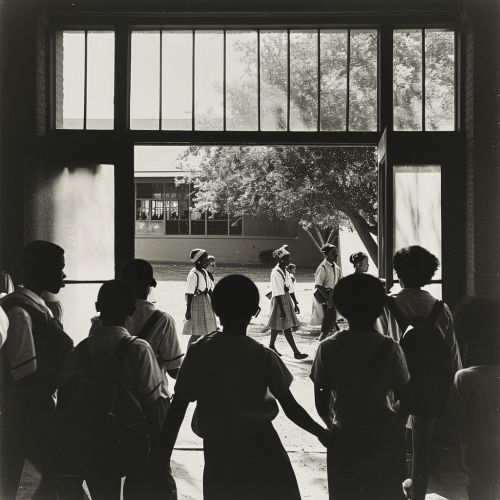
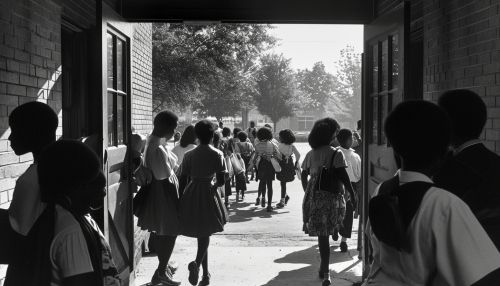
Montgomery Bus Boycott and the Rise of Martin Luther King Jr.
The Montgomery Bus Boycott, which lasted from December 5, 1955, to December 20, 1956, was one of the first major protests of the Civil Rights Movement. The boycott was a political and social protest against racial segregation on the public transit system of Montgomery, Alabama. The boycott brought Dr. Martin Luther King Jr. to prominence and resulted in the United States Supreme Court decision that segregation on public buses is unconstitutional.
Civil Rights Act of 1964 and Voting Rights Act of 1965
The Civil Rights Act of 1964 was a landmark civil rights and labor law in the United States that outlawed discrimination based on race, color, religion, sex, or national origin. It ended unequal application of voter registration requirements and racial segregation in schools, at the workplace, and by facilities that served the general public. The Voting Rights Act of 1965 is a landmark piece of federal legislation in the United States that prohibits racial discrimination in voting.
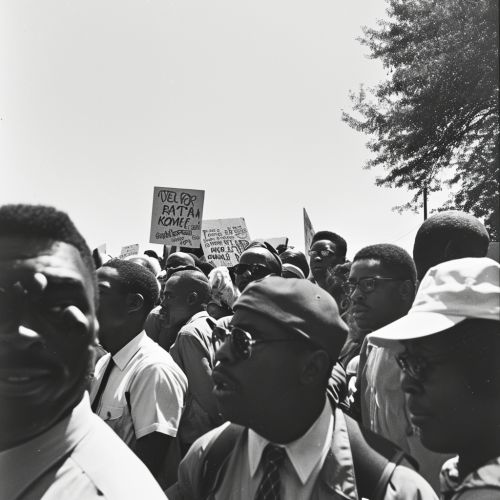
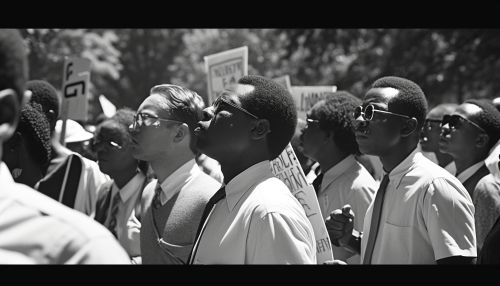
Legacy and Impact
The Civil Rights Movement has had a lasting impact on United States society, in its tactics, the increased social and legal acceptance of civil rights, and in its exposure of the prevalence and cost of racism. The Civil Rights Movement has been a source of inspiration for many other movements around the world that seek to achieve equality.
